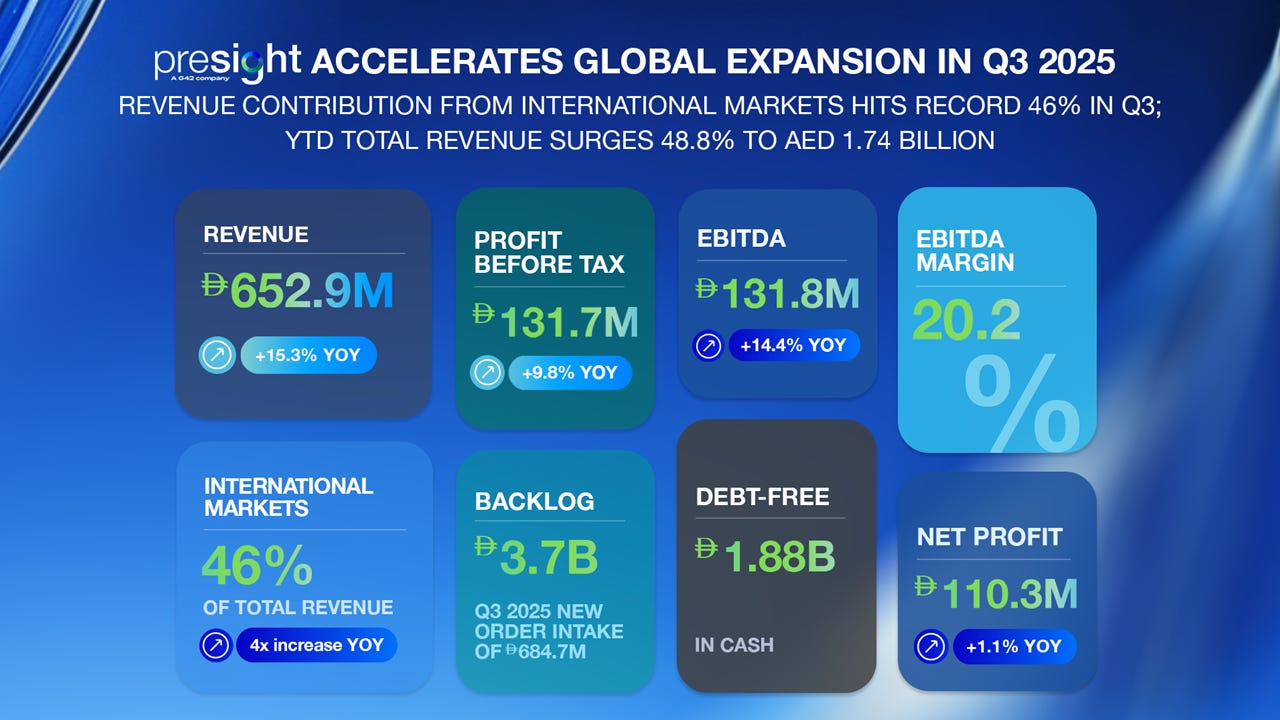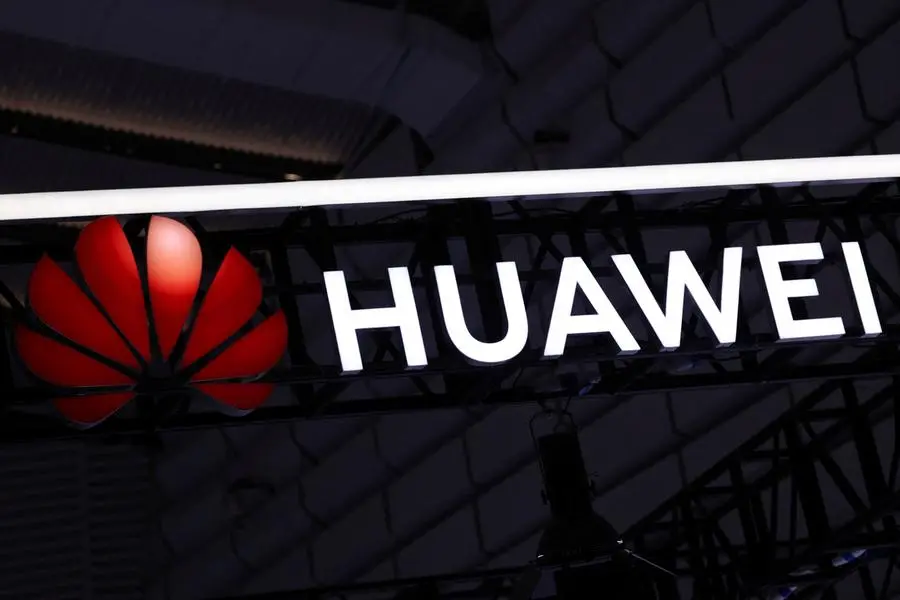The Sultanate of Oman is navigating a pivotal transformation in its financial landscape, moving from traditional trust mechanisms to a sophisticated digital framework. At the center of this evolution is the Financial Services Authority (FSA), which is spearheading the modernization of the country’s non-banking financial (NBF) sector to align with the ambitious goals of Oman Vision 2040.
A New Trust Architecture
Just as centuries of trade relied on the tangible value of metal coins, Oman’s modern financial system is being built on a new foundation of trust rooted in algorithms and robust regulation. The NBF sector, encompassing insurance, capital markets, and a burgeoning fintech scene, is crucial to this new architecture. The FSA’s mandate to unify the supervision of securities, insurance, and the accounting and audit professions provides a coherent framework for balancing innovation with stability.
This transition requires a new concept of governance where the integrity of data and the fairness of rules guarantee value. The FSA’s role is evolving to certify the legitimacy of digital transactions, much like a mint once guaranteed the purity of alloys in a coin.
Balancing Innovation with Prudence
To foster growth without compromising stability, Omani regulators are embracing a hands-on approach to innovation. The FSA, in collaboration with the Central Bank of Oman (CBO), has launched a fintech sandbox initiative. This controlled environment allows for the real-world testing of cutting-edge technologies like AI-driven lending, digital credit scoring, and advanced risk monitoring.
By creating transparent boundaries, the regulators are acting as enablers rather than just enforcers. This strategy aims to establish firm, binding standards for algorithmic fairness, data governance, and cybersecurity, ensuring that technological advancement is grounded in institutional accountability.
Anchoring Oman in Global Standards
Oman is consciously anchoring its markets in globally recognized norms to build international confidence and ensure best practices. The FSA has embraced international benchmarks, including the IOSCO Principles for securities regulation, the IAIS Insurance Core Principles, and the OECD/G20 Principles of Corporate Governance.
This commitment to international standards signals to investors and innovators that Oman’s financial ecosystem is not only modernizing technologically but is also building a regulatory environment that is credible, fair, and stable.
The Human Element in a Digital Future
While algorithms can execute tasks with incredible speed and efficiency, they cannot replace the moral dimension of trust. Recognizing this, Oman’s approach emphasizes the importance of preserving human judgment within an increasingly automated system. The focus is on seeing technology as a powerful tool, not a master.
To achieve this balance, the FSA is moving toward AI-assisted supervision and investing in the continuous training of its staff. The regulator’s role is shifting from a rule enforcer to a steward of integrity, ensuring that the pursuit of efficiency never eclipses ethical considerations and consumer protection.
About The Financial Services Authority (FSA)
The Financial Services Authority (FSA) is the primary regulator for Oman’s non-banking financial sector. Its mandate includes the supervision of capital markets, the insurance sector, and the accounting and auditing professions. The FSA works to develop a robust, fair, and transparent financial ecosystem that supports innovation while ensuring market stability and protecting stakeholders, in line with Oman Vision 2040.
Source: Zawya














